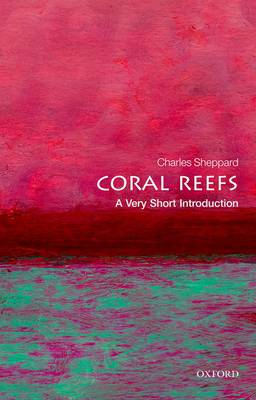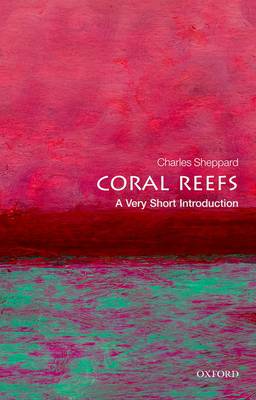
- Afhalen na 1 uur in een winkel met voorraad
- Gratis thuislevering in België vanaf € 30
- Ruim aanbod met 7 miljoen producten
- Afhalen na 1 uur in een winkel met voorraad
- Gratis thuislevering in België vanaf € 30
- Ruim aanbod met 7 miljoen producten
Zoeken
Omschrijving
Coral reefs have been long regarded with awe by the millions of people who have encountered them over the centuries. Early seafarers were wary of them, naturalists were confused by them, yet many coastal people benefited greatly from these mysterious rocky structures that grew up to the surface of the sea. They have been rich in their supply of food, and they provided a breakwater from storms and high waves to countless coastal communities that developed from their protection. Their scale is enormous and their value high. Found in countless locations around the world, from the Indo-Pacific coral reef province to the Caribbean and Australia, they support both marine and human life. In this Very Short Introduction, Charles Sheppard provides an account of what coral reefs are, how they are formed, how they have evolved, and the biological lessons we can learn from them. Today, the vibrancy and diversity of these fascinating ecosystems are under threat from over exploitation and could face future extinction, unless our conservation efforts are stepped up in order to save them. ABOUT THE SERIES: The Very Short Introductions series from Oxford University Press contains hundreds of titles in almost every subject area. These pocket-sized books are the perfect way to get ahead in a new subject quickly. Our expert authors combine facts, analysis, perspective, new ideas, and enthusiasm to make interesting and challenging topics highly readable.
Specificaties
Betrokkenen
- Auteur(s):
- Uitgeverij:
Inhoud
- Aantal bladzijden:
- 144
- Taal:
- Engels
- Reeks:
Eigenschappen
- Productcode (EAN):
- 9780199682775
- Verschijningsdatum:
- 1/09/2014
- Uitvoering:
- Paperback
- Formaat:
- Trade paperback (VS)
- Afmetingen:
- 109 mm x 170 mm
- Gewicht:
- 113 g

Alleen bij Standaard Boekhandel
+ 25 punten op je klantenkaart van Standaard Boekhandel
Beoordelingen
We publiceren alleen reviews die voldoen aan de voorwaarden voor reviews. Bekijk onze voorwaarden voor reviews.











